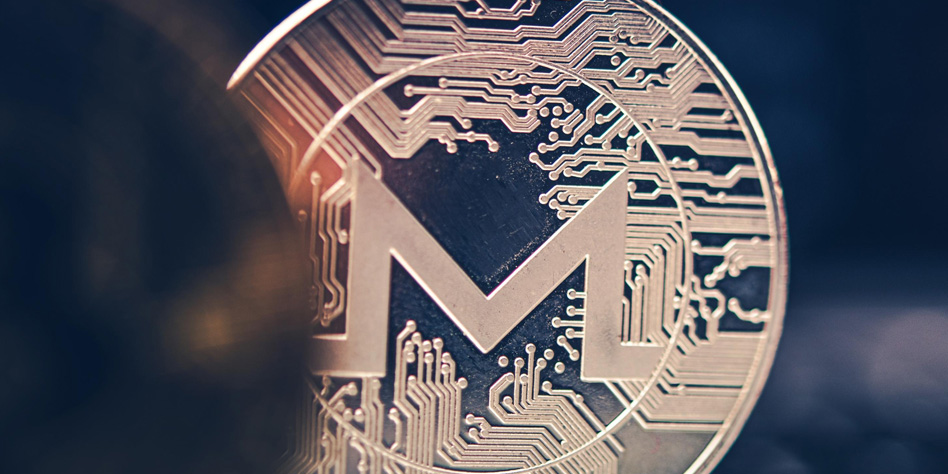
On February 14, 2022, Monero made headlines in the cryptocurrency world as it was revealed that the mining pool MineXMR was responsible for 44% of Monero’s total hash rate. For context, Business Insider defines a hash rate as “the total computational power being used by a proof-of-work cryptocurrency network to process transactions.” This concentration of power raised serious concerns among XMR enthusiasts and privacy advocates alike. If any single entity controls over half of a network’s hash rate, it opens the door to a potentially devastating 51% attack.
Understanding the 51% Attack Threat
A 51% attack is regarded as one of the most dangerous scenarios for any proof-of-work blockchain. When a group or organization gains the majority of computing power, it can take over the network. With control, they could potentially block new transactions, manipulate the confirmation of existing ones, and even engage in double-spending — the process of spending the same cryptocurrency twice.
Other cryptocurrencies like Bitcoin SV, Bitcoin Gold, and Ethereum Classic have previously suffered from such attacks, with Ethereum Classic being hit three separate times. This highlights that no network is immune, and Monero was starting to look vulnerable.
Community Response and Network Impact
Once the news about MineXMR’s dominance broke, the Monero community responded swiftly. There were immediate calls for miners to leave MineXMR and instead support smaller mining pools to preserve network decentralization. The effects were measurable: daily transactions dropped from the usual 40,000 to around 19,000, and XMR's price fell sharply — 64% below its all-time high.
On Reddit, Monero moderator u/dEBRUYNE_1 confirmed that the primary risk of MineXMR surpassing 50% of the hash rate was indeed double-spending. However, they also clarified that:
Double-spends can be detected and that even a dominant mining pool cannot do the following:
– Reverse confirmed transactions or block users from sending funds
– Create coins from nothing
– Spend coins not owned by the attacker
– Alter the block reward or emission policy
MineXMR Responds
MineXMR’s administrator, u/xnbya, issued a statement on Reddit acknowledging user concerns. In response, the pool announced a slight increase in its fee — from 1% to 1.1%, effective April 1, 2022. Although some saw this as a step in the right direction, many in the community criticized the minimal change and delayed timeline.
Interestingly, Reddit users also pointed out that MineXMR has a known physical location in the United Kingdom, where such an attack would likely carry criminal consequences. This fact adds a legal dimension to the ongoing debate about mining centralization.
Current Hash Rate and Decentralization Efforts
Thanks to the Monero community’s decentralized ethos, MineXMR’s share of the hash rate had already declined to 38% by the time of writing. The community continues to urge miners to support peer-to-peer mining pools and smaller networks to avoid any single group from gaining excessive influence. As Monero Observer notes, the threat of a 51% attack may not be imminent, but it’s far from hypothetical.
Protecting Your Mining Rewards
Whether you're mining Monero independently or as part of a pool, it's essential to safeguard your earnings. One of the most reliable options is XMRWallet, an open-source, browser-based Monero wallet. There’s no need to install any software — just create an account and start using it instantly. With XMRWallet, you have full control over your private keys and coins. It supports multiple languages and is entirely free to use, even for importing past transactions.